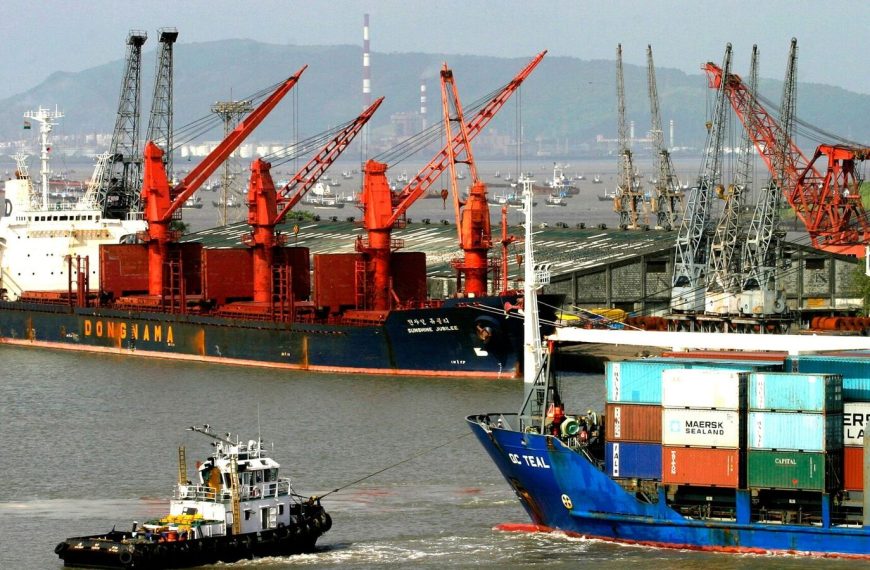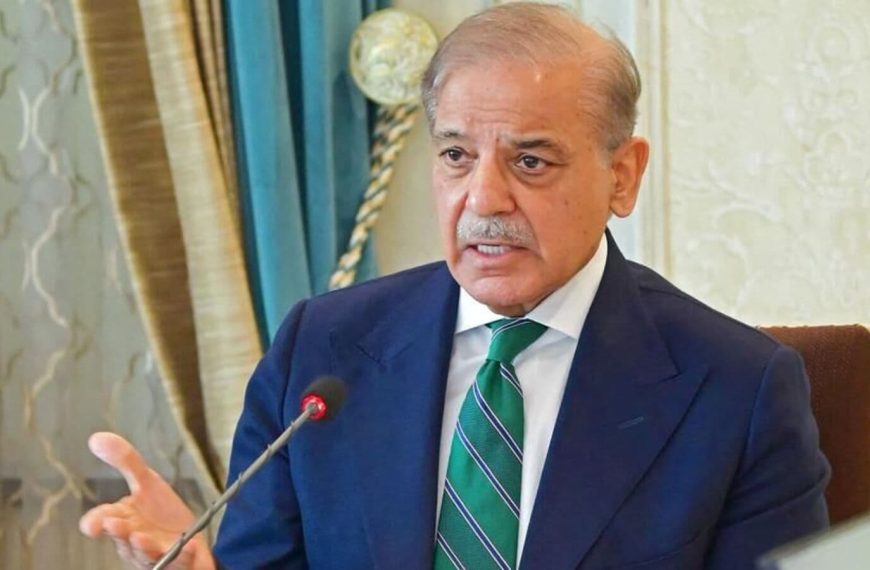Trump Declares Tariffs a Path to "Total Victory" for America
In a recent interview with Time Magazine, former President Donald Trump expressed his bold vision for America’s trade future, claiming that maintaining significant tariffs on foreign imports could lead to a “total victory.” He emphasized the importance of these tariffs in shaping the U.S. economy and countering the trade practices of other nations.
Tariffs and Their Impact on Trade
During the discussion, Trump was posed a question about the tariffs that came into effect on April 2, 2018, which included a 10% tariff on a wide range of imports. He stated, “If we still have high tariffs, whether it’s 20%, 30%, or even 50%, on foreign imports a year from now, will you consider that a victory?” To this, he confidently replied, “Total victory.”
The tariffs were designed to target several countries, with India facing a 26% levy and China experiencing the highest impact at 145%. However, just a week later, Trump decided to halt the implementation of these tariffs for 90 days for all countries except China, aiming to negotiate better trade terms for U.S. products.
America’s Tariff Landscape
According to Fitch Ratings, the U.S. currently has the highest tariff rates among developed nations, averaging 22.8%. This significant figure underscores the administration’s aggressive approach to international trade.
Trump argued that tariffs are essential for reversing the trend of countries like China and India profiting at the expense of American businesses. He pointed out, “Countries like China and India charge tariffs on us to get rich,” noting that these countries impose tariffs ranging from 100% to 150%.
He further explained that while zero tariffs might seem attractive, they could deter companies from manufacturing within the U.S. market. “They’re coming in because they don’t want to pay the tariffs,” Trump emphasized. “Remember this: there are no tariffs if they make their product here.”
Economic Ramifications of Tariffs
Trump projected that tariffs could generate billions for the U.S. economy. “You just don’t know it yet, but this is a tremendous success,” he asserted, claiming that the country was bringing in unprecedented revenue.
However, the reality on the ground reveals a different picture. The high tariffs have led to a slowdown in business operations, straining relationships with trade partners. Many importers and exporters, especially small businesses, have felt the financial pinch.
The Federal Reserve’s Beige Book, which surveys business leaders across the nation, indicated that uncertainty in trade has caused companies to hesitate in making investments and hiring new employees. According to reports, trade with China has nearly come to a standstill, highlighting the complex repercussions of Trump’s tariff policies.
In conclusion, while Trump touts tariffs as a means to achieve economic independence and growth, the broader economic landscape reveals significant challenges that American businesses must navigate. The ongoing debate around tariffs continues to shape the U.S. economy and its relationship with global trade partners.










